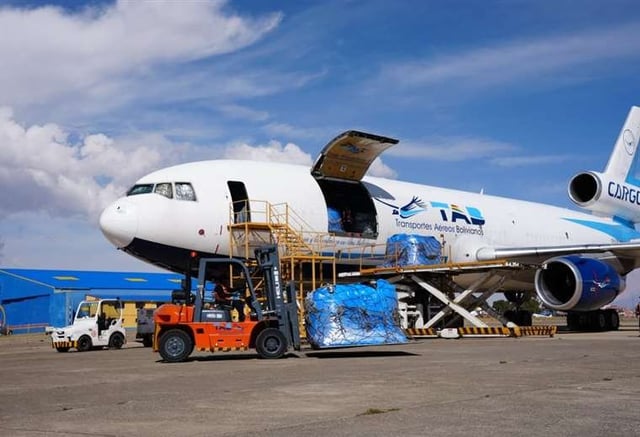Bolivia Takes a Bold Step Amid an Economical Crisis: Pioneers Regulated Crypto Custody Service (USDT), Expanding Financial Options for Citizens

 |
In a move that promises to transform the Bolivian financial landscape, Banco Bisa has announced the implementation of an innovative custody service for virtual assets, specifically USDT, that allows clients to buy, sell and transfer cryptocurrencies safely and efficiently. Franco Urquidi, Vice President of Business at the financial institution, highlighted that all transactions must be made to and from an account at Banco Bisa, which guarantees a high level of security. This new service offers clients the possibility of holding funds in USDT for as long as they wish, making payments abroad and even sending money to relatives studying abroad. “The sky is the limit,” said Urquidi, referring to the future functionalities that the bank plans to offer in this area. USDT (Tether) is a cryptocurrency designed to maintain its value at parity with the US dollar. This makes it a “stablecoin” or stable currency, whose value is backed by dollar reserves. The idea is that each USDT in circulation is backed by a dollar in the accounts of Tether Limited, the company that issues this currency, which helps stabilize its price. The director of the Financial System Supervision Authority (ASFI), Yvette Espinoza, supported the initiative by pointing out that Banco Bisa is a pioneer in offering this service within a regulatory framework that guarantees the security and confidence of users. "This is a custody service that will allow clients to carry out various operations safely, reducing the risk of unsafe interactions in the cryptocurrency market," said Espinoza. The vice president of Banco Bisa also emphasized the importance of financial education in the use of virtual assets. To this end, the bank has established strategic alliances with recognized international custody and exchange companies, thus ensuring data protection and the prevention of illicit activities. "Our clients go through a rigorous verification process, which gives them the peace of mind that their transactions are carried out through safe and reliable channels," added Urquidi. Furthermore, the cost of this service is affordable. USDT sales start at a minimum of 200 USDT up to a daily limit of 10,000, with fees ranging from 35 to 100 bolivianos, depending on the amount. Transfers to dollar accounts abroad cost Bs 280, representing an attractive option for those looking to use cryptocurrencies for international payments. With the recent authorization from ASFI for other financial entities to also offer services related to virtual assets, Banco Bisa is positioned as a leader in innovation in the Bolivian market. The entity is committed to training its users, ensuring that they understand both the benefits and risks associated with handling cryptocurrencies. In short, Banco Bisa is not only ushering in a new era in the Bolivian financial sector, but is also setting a standard in security and financial education in the use of virtual assets. "The future looks promising for those looking to explore the world of cryptocurrencies in Bolivia," Urquidi highlighted. submitted by /u/ReasonablePossum_ |